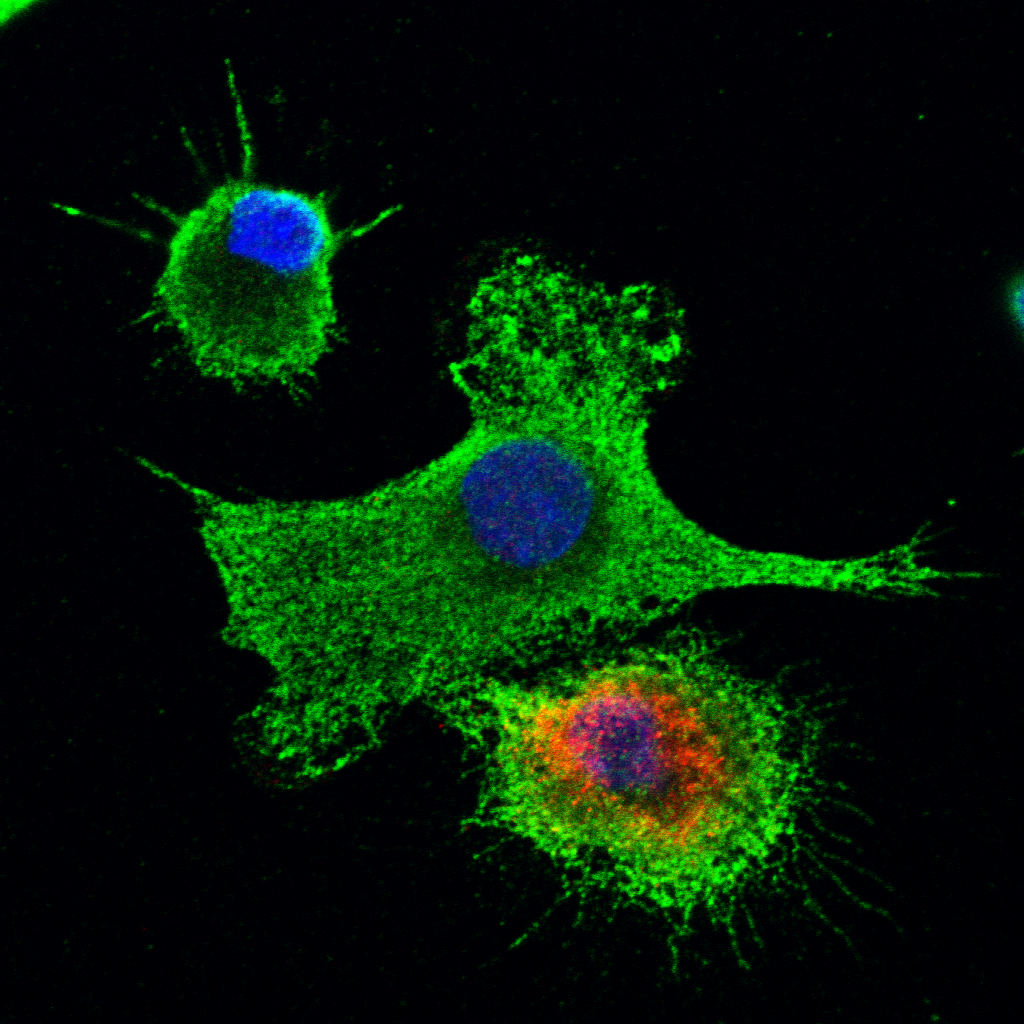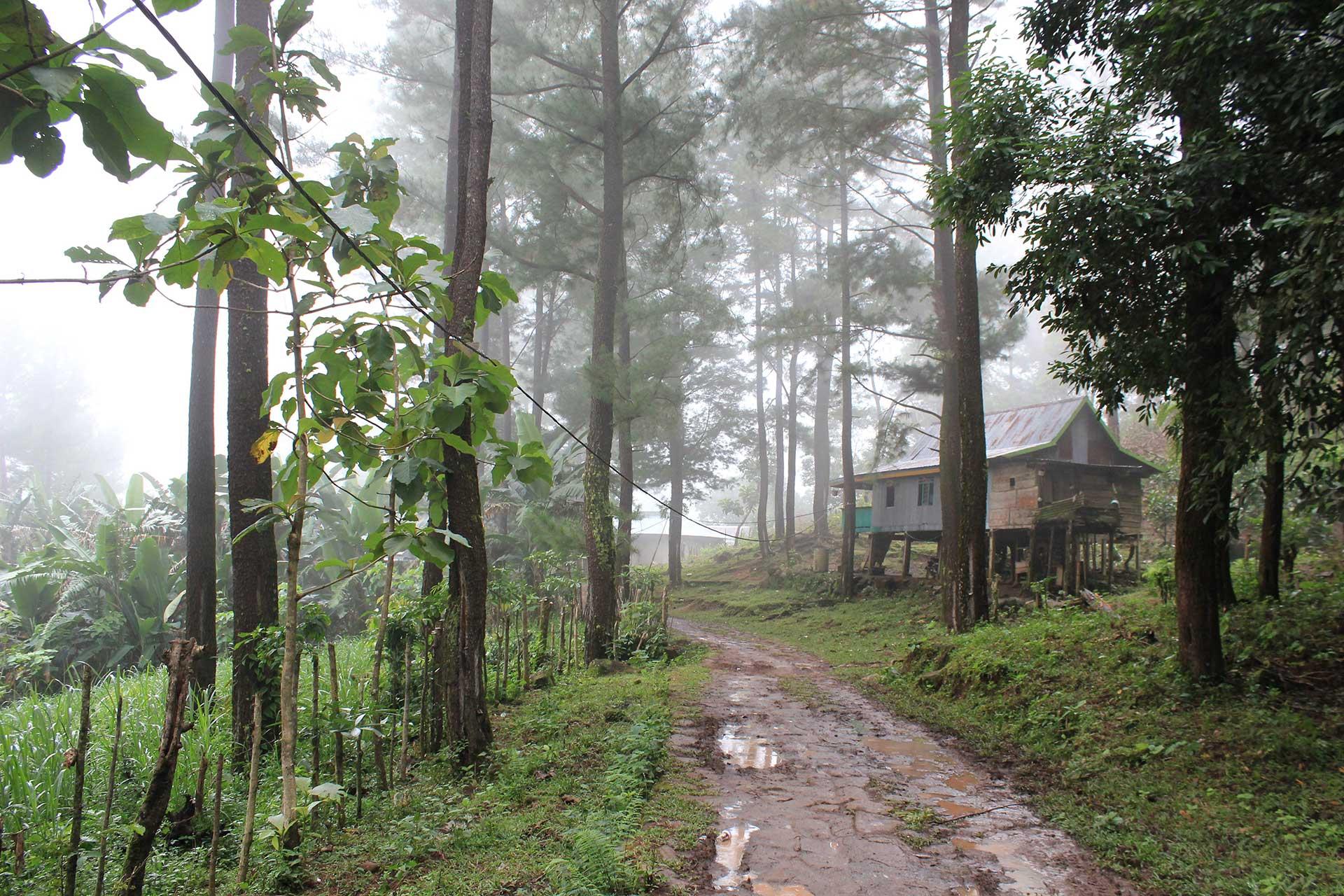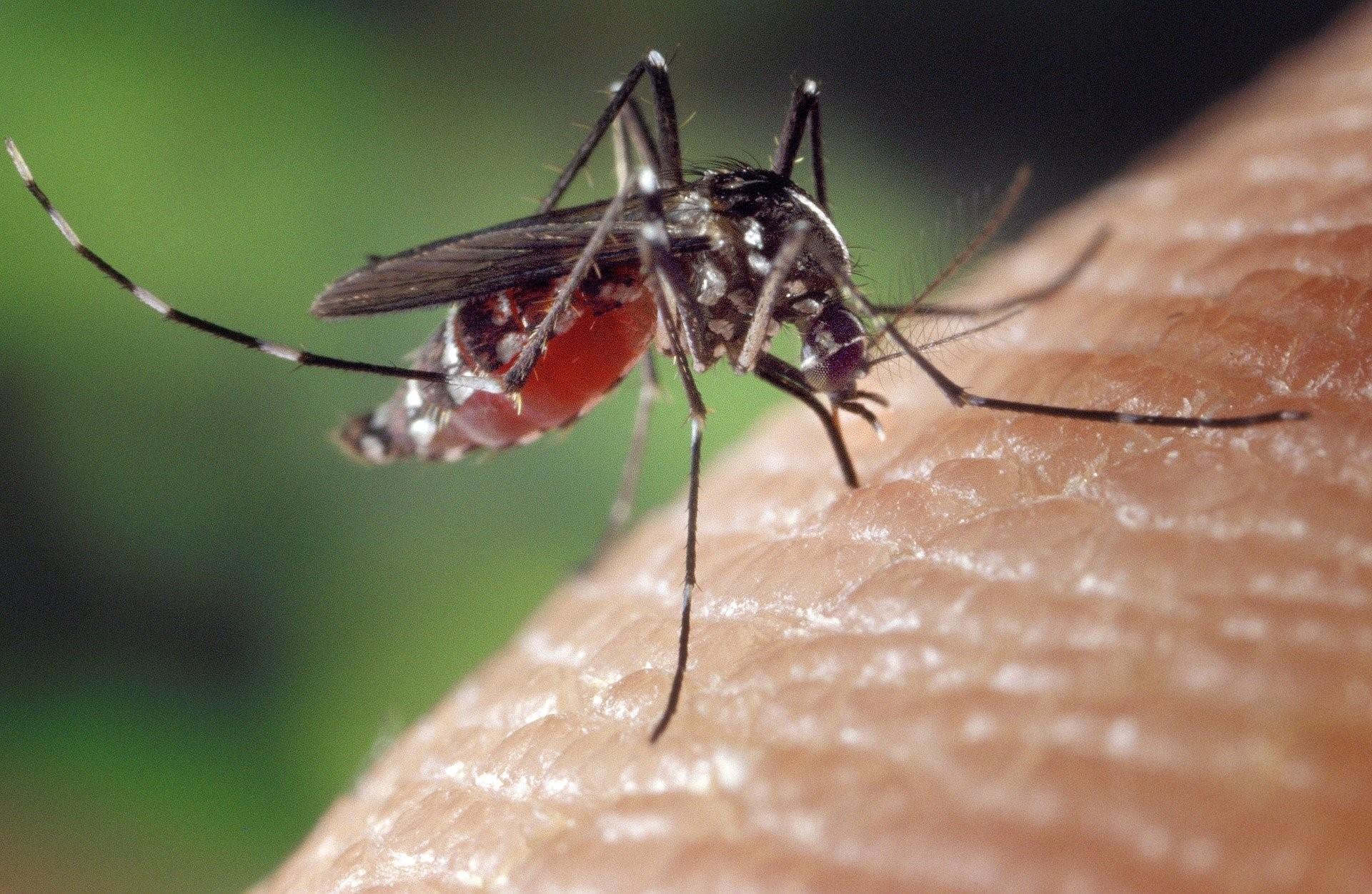Dengue virus (DENV) is an arthropod-borne virus (arbovirus) primarily transmitted by infected mosquitoes, specifically Aedes aegypti and Aedes albopictus.
DENV can also spread from pregnant women to the foetus via the placenta. There have also been reports of transmission through blood transfusion and organ transplantation.
DENV is found across all tropical and subtropical regions of the world where mosquito vectors are present, including Latin America and the Caribbean, Asia, Africa, and Oceania. Local transmission in parts of North America and Europe has also been reported, and the virus is expected to expand its range as its mosquito vectors move into new areas due to climate change.
There is no specific antiviral therapy for dengue, and the currently available treatments aim to reduce the severity of symptoms. A vaccine is available in some countries, but is not recommended for use in all scenarios.
Clinical signs
The World Health Organization (WHO) classifies dengue disease into three clinical categories: dengue without warning signs (dengue fever), dengue with warning signs, and severe dengue (sometimes referred to as dengue haemorrhagic fever and/or dengue shock syndrome).
The majority of DENV infections are asymptomatic or result in a flu-like febrile illness (“dengue fever”) that usually subsides with no further complications. Symptoms typically begin 5-8 days after the initial point of infection. However, in rare cases, severe dengue, which is serious and potentially fatal condition, can develop.
Dengue fever symptoms include:
- Fever
- Severe headache
- Pain behind the eyes
- Muscle and joint pain
- Nausea
- Diarrhoea
- Rashes (typically on the abdomen)
- Stomach ache/loss of appetite
Typical warning signs that a patient may develop severe dengue include:
- Abdominal pain or tenderness
- Persistent vomiting
- Rapid breathing
- Bleeding from gums and other mucosal surfaces
- Fatigue
- Restlessness
- Clinical fluid accumulation
- Liver enlargement
Severe dengue is potentially fatal and typically involves:
- Vascular leakage
- Haemorrhage
- Circulatory shock
Virology
DENV is a member of the Flavivirus genus and Flaviviridae family of viruses.
Like other flaviviruses, DENV contains a genome composed of single stranded positive-sense RNA, which is surrounded by a capsid and a lipid envelope derived from the host cell.
There are four dengue viruses (DENV-1, DENV-2, DENV-3 and DENV-4), and the body’s antibody-mediated immune response can cross-react between these four viruses (or “serotypes”) to cause increased disease severity.
Pirbright's research on dengue virus
Pirbright scientists are researching how DENV establishes infection in the mosquito vector and the barriers that influence mosquito-borne transmission.
As DENV needs to be able to infect and replicate in both mosquito and human cells, we study the virus in both systems to understand the constraints and requirements for replication in these two different environments.
We are also using our fundamental insights into vector-virus interactions to try to create new barriers to transmission, for example virus-resistant mosquitoes. In the long term, this could help us develop new ways of preventing human infection by blocking viral transmission.


